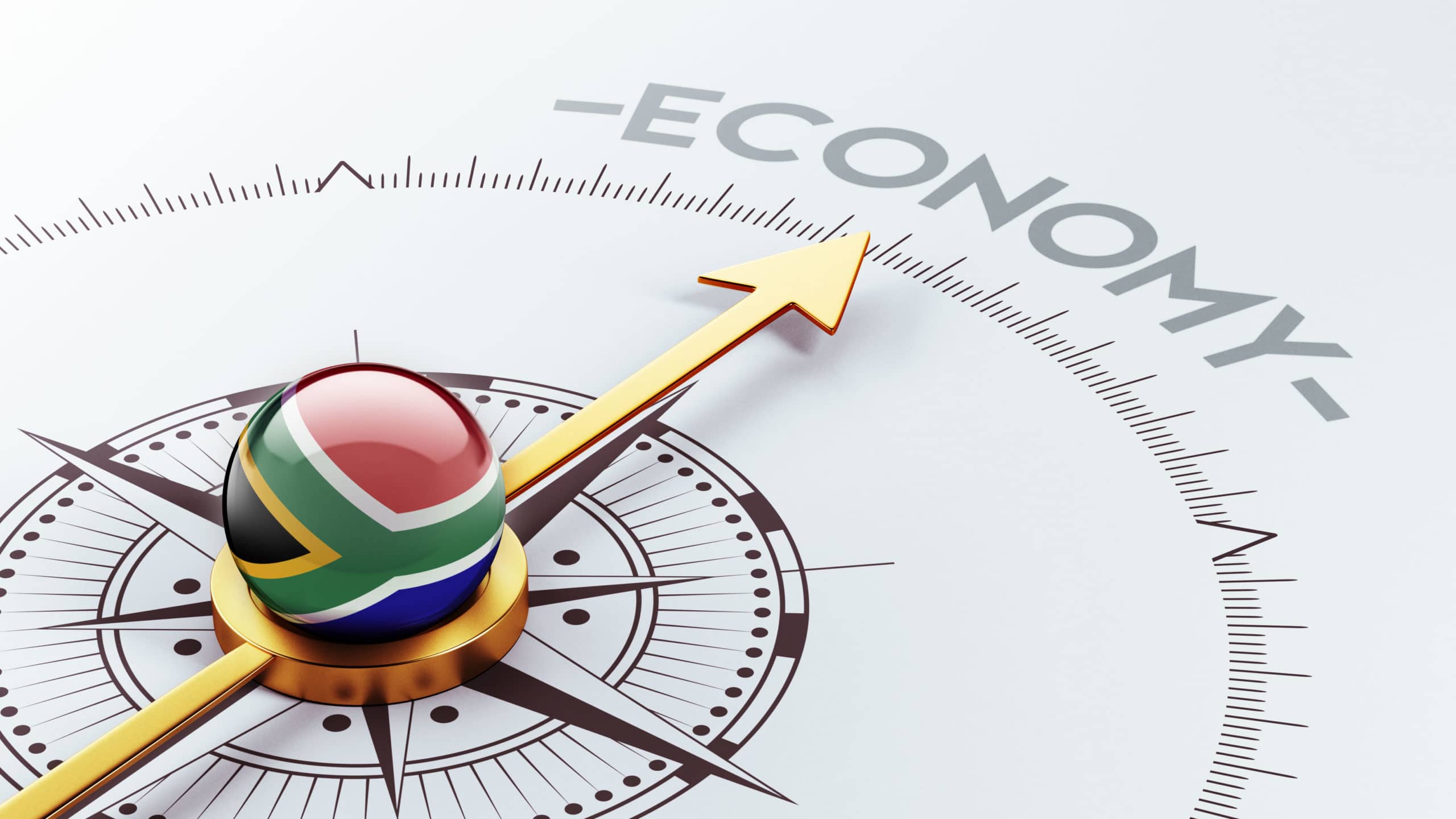“There is something called the Queensbury Rule. You do not continue to beat up somebody who is on their knees. You do not. It is the rule. Civilized people abide by that Rule in business, sports, and politics. Rating Agencies should treat us the same way. During a global crisis!”
This was the response on Twitter of South Africa’s Finance Minister, Tito Mboweni on Sunday, November 21, after three dominant international credit rating agencies announced that the “outlook is negative” for the country.
American credit agencies, Fitch Ratings, announced on November 20 that South Africa’s Long-Term Foreign-Currency Issuer Default Rating (IDR) had downgraded to ‘BB-‘ from ‘BB’. Joining Fitch, Moody’s Investors Service (Moody’s) also announced on Friday that the country’s ratings had been downgraded from Ba1 to Ba2. This is in addition to S&P Global Ratings status on the country in April 2020 when they downgraded the country’s credit ratings to BB- from BB.
What could this mean for South Africa in a year of the pandemic?
Professor Philippe Burger, Pro-Vice-Chancellor of Poverty, Inequality, and Economic Development at the University of the Free State in South Africa, says that the downgrade means that medium- to long-run interests will now be higher as opposed to what it would have been in the absence of a downgrade.
“That will affect everyone who needs to borrow, be it households or the government. It also means that to attract foreign investment into the country, we will have to offer more attractive returns on investment,” Burger adds.
The African Peer Review Mechanism (APRM), a specialized entity of the African Union (AU), noted that because this has happened twice now since the start of the pandemic, the “expectation that fiscal deficit will widen and government debt will rise.” Like many other countries, the Covid-19 pandemic has had a severe impact on South Africa’s economy. However, Fitch said that investment spending had already weakened in recent years in the country, falling last year to the lowest level in real terms since 2012. This reflects on challenges to the business environment such as the poor reliability of power supply, labor market inflexibility, and subdued domestic demand prospects. Although Moody’s said that the country had maintained a negative outlook in place since the beginning of November 2019, the South African National Treasury stated the Covid-19 pandemic hit South Africa at a difficult time. “Recent downgrades saw South Africa reaching its lowest credit rating levels from the ‘big three’ rating agencies since 1994. Economic growth has continued to decline irrespective of the attempts to reduce structural constraints,” the statement read on Saturday. Fitch further said that though President Cyril Ramaphosa announced an Economic Reconstruction and Recovery Plan in October, which focuses on boosting infrastructure investment, increasing energy supply, job creation, and re-industrialization, the country’s “track record” leaves nothing to be desired. “The track record of implementation of earlier reform initiatives has been relatively weak and, even if implemented, the effect of the reforms would be limited and take time to accumulate,” Fitch’s statement read. Unemployment in South Africa continues to be one of the country’s biggest challenges as it sits at 30.8%, according to Statistics South Africa (Stats SA).
“While South Africa is not alone in having been severely affected by the crisis, its capacity to mitigate the shock over the medium term is lower than that of many sovereigns given significant fiscal, economic and social constraints and rising borrowing costs,” Moody’s stated in their release. South Africa’s Minister of Finance, Tito Mboweni, stated that the downgrade “is a painful one” and the implications of this will now affect the country’s borrowing costs. The National Treasury added that as outlined by the president’s recovery plan, the government’s plan to prioritize economic recovery and fiscal consolidation remains the same. “The downgrade will not only have immediate implications for our borrowing costs, but it will also 6 constrain our fiscal framework,” Mboweni said in a statement. “There is, therefore, an urgent need for government and its social partners to work together to ensure that we keep the sanctity of the fiscal framework and implement much-needed structural economic reforms to avoid further harm to our sovereign rating.” Professor Burger believes that from an expert’s perspective, the government would need to take the following steps to alleviate the problem: “Re-establish fiscal sustainability and take steps to arrest the upward trend in the public debt-to-GDP ratio and ensure it does not breach 100%. This will require enforcing the medium-term budget policy statement (MTBPS) plans on the salary freeze on civil service salaries for this year and the next three years; Take necessary steps such a reducing red tape and policy uncertainty; Take steps needed to release spectrum and restructure and liberalize the energy sector. The latter includes getting the green energy sectors going. Many of these plans are in the pipeline but need acceleration.”
Treasury stated however that the rating agencies have indicated that the country’s rating strengths include “a credible central bank, a flexible exchange rate, an actively traded currency, and deep capital markets, which should help counterbalance low economic growth and fiscal pressures.”
